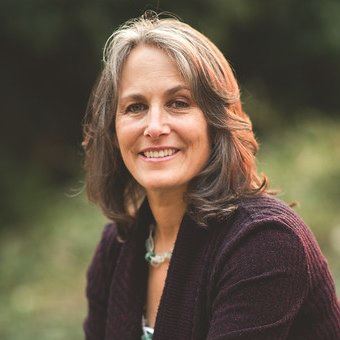50th Anniversary of Clean Water Act Kicks Off Spokane River Forum Conference
October 18, 2022, marked the 50th anniversary of the U.S. Congress passing the Clean Water Act (CWA).
Images of pollutants catching fire on Ohio’s Cuyahoga River in 1969 galvanized a commitment to action. But it wasn’t just the Cuyahoga. As people looked at rivers, lakes, harbors and other waterbodies in their backyards, the horrors of endangering public heath, the demise of aquatic health, toxic fish, wildlife seeking new refuge, and waters no longer fit for fishing, swimming and boating were clear.
The conference’s opening speaker, Gayle Killam with Water Policy Pathways, will lead us in celebrating the immense good that has come from the CWA while challenging us to ask what the future holds.
Gayle has worked with non-profit organizations, landowners, tribal, local, state, and federal government staff, individuals, trade associations and the private sector to reap the benefits of the CWA. She’s a CWA scholar who has led policy collaboration, implemented watershed restoration projects, and reconnected communities to their waters.

A panel of well-known opinion leaders will then weigh in on whether they believe the arc of history and our community story will continue to bend toward clean water. Register Now
We’ve Got a Story to Tell
The Clean Water Act spawned states enacting water quality standards, permit requirements to discharge pollutants into the river, billions of dollars invested in treatment plants and other infrastructure, and supporting habitat restoration and land conservancy. No one argues with the environmental or community development results. The Clean Water Act worked.
Our region has ridden the same current as the nation. In the last decade alone, well over $700 million dollars has been spent on next level wastewater treatment, combined sewer overflow tanks, stormwater mitigation, habitat restoration and more. The river is now more than eye candy for those crossing bridges and enjoying the Centennial Trail. It’s a destination attraction for thousands who enjoy recreating on it, and it’s a selling point for recruiting talent, businesses, conventions, and tourism to the area.
Our story of turning a new page for clean water also got an extra boost from Expo ’74. Not only was it the first world’s fair to be environmentally themed, it transformed rail yards that anchored the industrial era into Riverfront Park. Located along the shores of the Spokane River, it was a giant step forward for the city, the region, and the river.
Is the recently completed multi-million-dollar redevelopment of Riverfront Park an omen that another giant step forward is in our future?
Challenges Await
A new generation of threats to our waters is here. The human genius that found ways to reclaim and restore our waters also created “forever” chemicals such as PCBs and PFAS that are finding new ways to challenge aquatic and human health. Add to that stormwater, agricultural runoff and other forms of non-point source pollution and … well … you get the idea.
What’s going into our water, however, is only part of the challenge. Accounting for climate change and extreme weather has forced its way into everything from permitting to engineering to policy making. Building resiliency into green and grey infrastructure projects is becoming the norm. Terms such as “sustainability” evoke passionate debate. People thinking about population growth and community development, now talk about an influx of “water refugees” from parched parts of the country.
What’s Your Take?
The conference prides itself on asking questions, sharing information, networking and providing a safe space for opinion.
Fasten your seat belt for sessions and topics that will give you time to reflect on our past successes and engage with others about future challenges.
